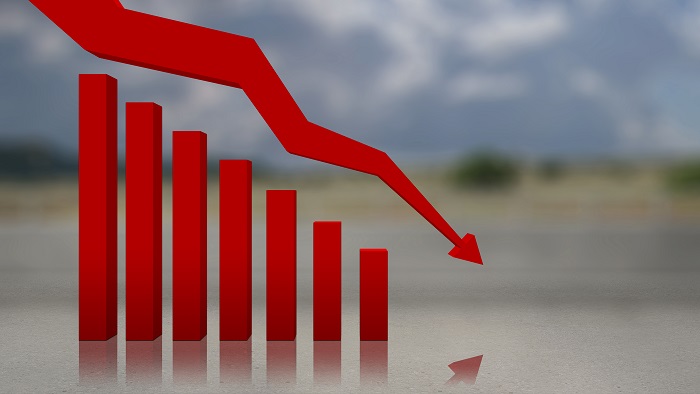By Peter Omopo
July 16, 2025 – Nigeria’s headline inflation rate slowed to 22.22% in June 2025, down from 22.97% in May, marking a 0.75 percentage point decline, according to the latest Consumer Price Index (CPI) report released on Wednesday by the National Bureau of Statistics (NBS).
The year-on-year figure represents a substantial drop of 11.97 percentage points compared to 34.19% recorded in June 2024. The NBS attributed part of the decline to the adoption of a new base year—2024—used in the calculation of the CPI.
Despite the encouraging annual moderation, month-on-month inflation rose slightly, climbing from 1.53% in May to 1.68% in June, indicating continued upward pressure on prices at the monthly level.
“The Consumer Price Index rose to 123.4 in June 2025, reflecting a 2.0-point increase from the preceding month’s figure of 121.4,” the NBS report stated.
This suggests that while inflation is slowing annually, Nigerians are still experiencing rising prices in key sectors such as food, transportation, and housing.
Food Inflation Trends
Food inflation, which has been a major driver of headline inflation, declined sharply to 21.97% year-on-year in June 2025, down from a staggering 40.87% in June 2024. However, on a month-on-month basis, food inflation jumped to 3.25%, up from 2.19% in May, driven by surging prices of tomatoes, pepper, dried green peas, crayfish, shrimps, meat, plantain flour, and ground pepper.
The average annual food inflation for the 12-month period ending in June 2025 stood at 28.28%, a 7.02 percentage point reduction from 35.3% recorded in the comparable period last year.
Core Inflation
Core inflation, which excludes volatile food items and energy costs, dropped year-on-year to 22.76% in June 2025, from 27.4% in June 2024. However, it recorded a steep monthly increase to 2.46%, up from 1.10% in May, indicating renewed pressures in non-food expenditure areas.
Economic Outlook
The decline in the annual inflation rate offers a glimmer of hope for policymakers and consumers, but the rise in monthly inflation suggests that economic pressures—especially from food and transportation—remain persistent.
Analysts say continued government intervention in the agriculture sector, improved infrastructure, and monetary tightening may be key to sustaining the downward trend.
The June figures come as the Federal Government pushes reforms aimed at stabilising the economy, curbing inflation, and easing the cost-of-living burden on Nigerians.

